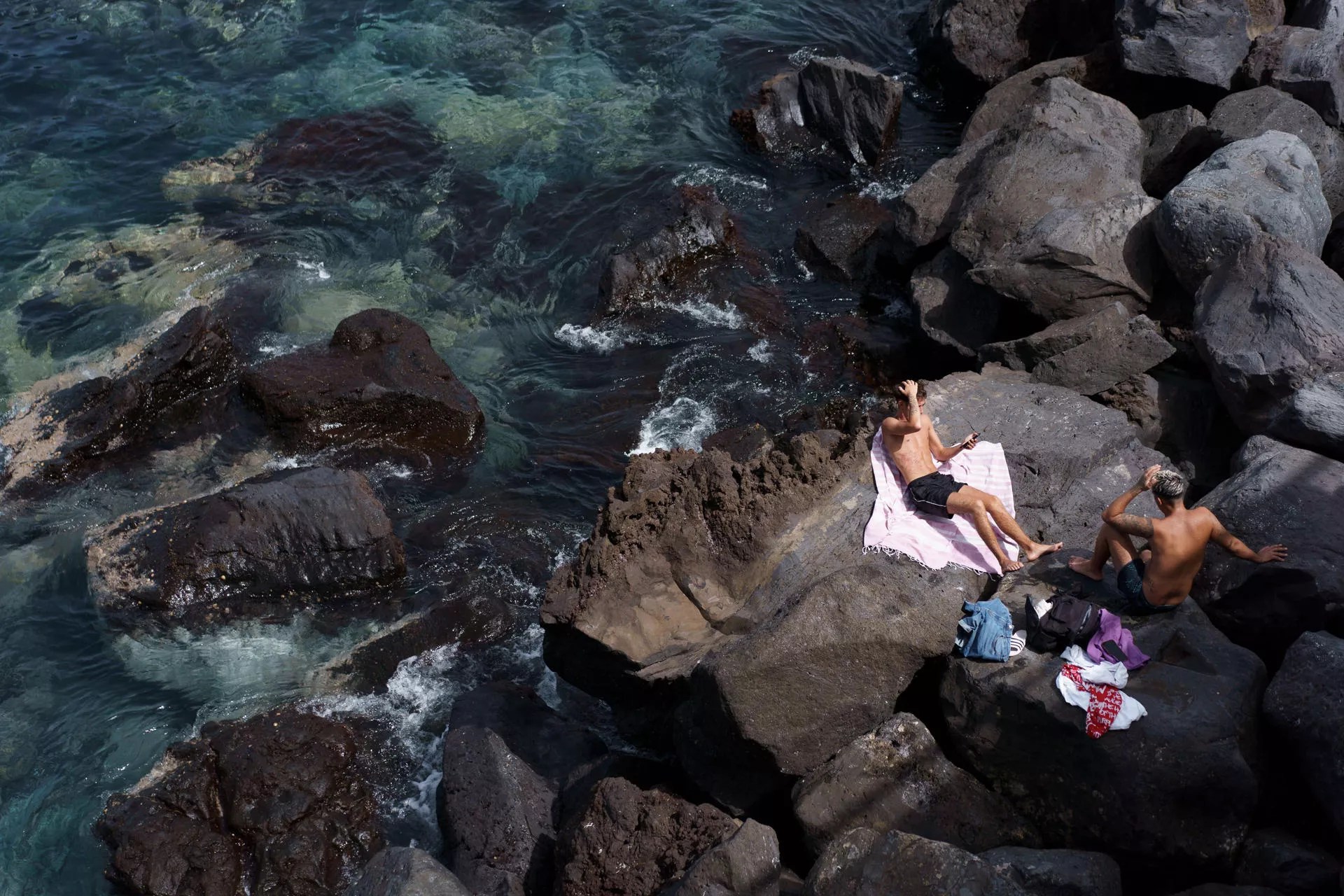
SANTA CRUZ DE TENERIFE, March 5. (EUROPE PRESS) –
The consumption of fresh meat ‘from the country’ has grown by 10.07% in Tenerife since the pandemic started, with slaughter going from 3,881,000 kilos in 2019 to a total of 4,272,000 kilos in 2021, according to data exposed to Europe Press by the Minister of Agriculture, Livestock and Fisheries of the Cabildo de Tenerife, Javier Parrilla (PSOE).
The pig continues to be the ‘jewel in the crown’ of meat consumption on the island, going from 2,748,000 kilos in 2019 to more than 3,100,000 in 2020, while there has also been a slight increase in the slaughter of goats, which has increased last year by more than 526 kilos, about 300 more goats.
On the other hand, the councilor has said that they are “very concerned” about the fall in the consumption of rabbit meat by some 4,300 kilos last year due to the strong increase in sales in its refrigerated and frozen form.
Parrilla acknowledges that there is a “huge drop” in rabbits because “a lot is bought from abroad” when it is a meat that is “very common” on the island, something that he attributes to the small number of rabbit farms, a total of 15 but only three of them with real commercial volume, since the rabbit is a “very delicate” in its health and the use of antibiotics is limited.
“We are seeing how we can help,” he says, especially through campaigns to promote the consumption of meat linked to gastronomy, as happened last year with the goat.
Regarding beef, he highlights that it is a cattle that also has its “specific problems” but instead it is the one that has more access to public subsidies and therefore “easier” to sustain itself in the market.
The counselor points out that the drop in local meat consumption was one of the main lines of work when arriving at the insular government because some ranchers slaughtered “at a loss” and others even stayed “by the wayside.”
GIVE “CONFIDENCE AND SECURITY”
Thus, through the creation of the ‘Carnes Frescas de Tenerife’ brand, the aim was to give breeders “confidence and security” so that they would keep breeding because “nobody raises a litter of nothing if it has no purpose, which is to market” and in the midst of a context of rising rates for the Insular Slaughterhouse because they had not been updated since 2008.
“What there was in 2019 was not enough to support the livestock or the slaughterhouse itself, and it still does not,” he admits, although the future is glimpsed with a little more optimism thanks to the increase in consumption because the people of Tenerife “eat meat from Tenerife”, especially pork.
In addition, he assures that from the Cabildo they have not stopped “the impulse or the promotion” of local meats and have established contacts with wholesale entities so that they acquire Tenerife products.
















